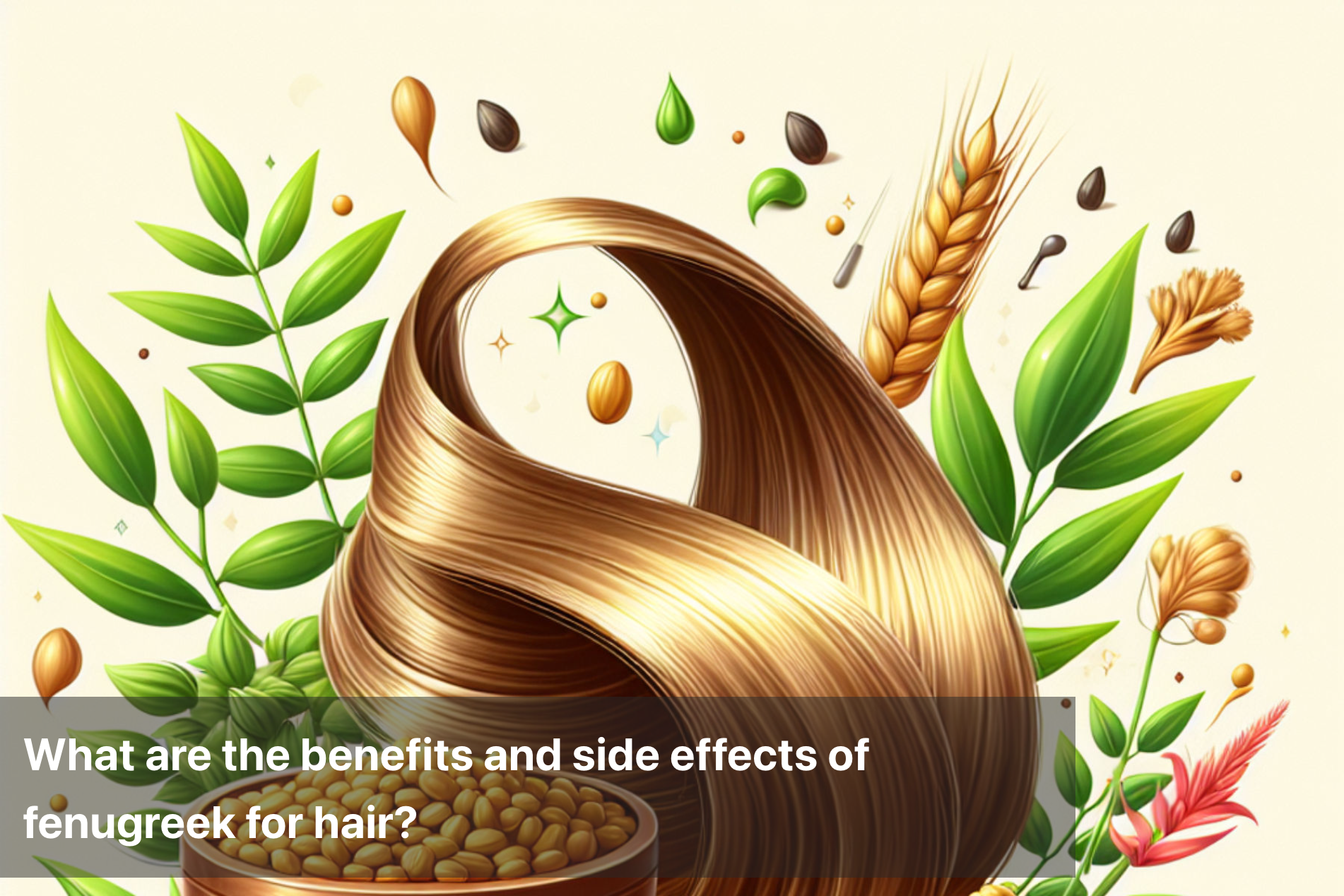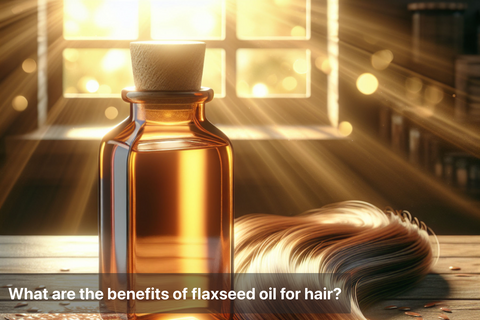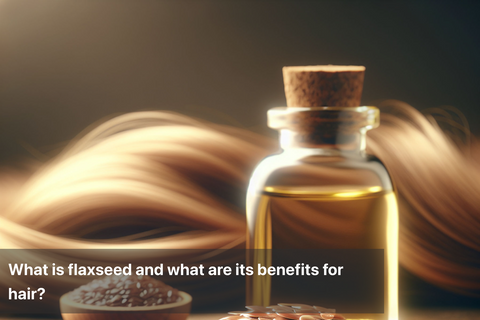
What are the benefits and side effects of fenugreek for hair?
When it comes to hair care, the question often arises: is fenugreek good for hair? The answer is a resounding yes. This herb is packed with valuable nutrients, including vitamins A, C, and K, as well as minerals like potassium and calcium. Such components contribute to its ability to promote hair growth and maintain scalp health.
Many people use fenugreek seeds for hair, taking advantage of their powerful properties. So, what are the specific benefits of fenugreek seeds for hair? For starters, they can help prevent hair loss, strengthen hair strands, and mitigate dandruff. The natural oils and proteins present in fenugreek also nourish the hair follicles, which is crucial for promoting growth.
If you’re considering fenugreek as part of your hair care regimen, knowing how to use fenugreek seeds for hair growth will be your next step. This ancient herb holds promise for anyone looking to improve their hair's overall quality.

Benefits of Fenugreek Seeds for Hair
-
Natural Hair Color Enhancer: Fenugreek can enhance natural hair color by adding a subtle reddish tint when used as a hair mask, making it a natural alternative to chemical hair dyes.
-
Prevents Thinning at the Hairline: Regular application of fenugreek paste on the hairline can help reduce hair thinning and strengthen fragile, delicate hairs around the temples and forehead.
-
Scalp Detox: Fenugreek helps to remove impurities and buildup from styling products, pollutants, and environmental toxins, promoting a cleaner, healthier scalp.
-
Improves Hair Texture After Hair Treatments: Fenugreek is known to restore hair texture after harsh chemical treatments like perms or straightening, providing smoothness and bounce.
-
Stimulates Dormant Hair Follicles: Fenugreek's rich nutrient profile can help awaken dormant hair follicles, encouraging new hair growth even in areas where hair has stopped growing.
-
Enhances Curl Definition: For curly or wavy hair, fenugreek enhances curl definition by providing moisture and nutrients to the hair shaft, reducing frizz and promoting natural curls.
How to Use Fenugreek Seeds for Hair
-
Soak Seeds: Soak 2-3 tablespoons of fenugreek seeds in water overnight.
-
Grind into Paste: The next day, grind the soaked seeds into a smooth paste.
-
Apply to Scalp: Apply the paste directly to your scalp and hair, focusing on the roots.
-
Leave for 30-60 Minutes: Let it sit for about 30 to 60 minutes.
-
Rinse Off: Wash your hair with a mild shampoo and lukewarm water.
Side Effects of Fenugreek for Hair
-
Unexpected Color Change: Though rare, some users with light-colored hair (especially blonde or light brown) may experience a slight yellowish tint due to fenugreek’s natural pigments.
-
Scalp Sensitivity with Frequent Use: Using fenugreek too often can lead to scalp sensitivity, causing tingling or itching due to the strong active compounds in the herb.
-
Excessive Moisture in Fine Hair: While beneficial for dry hair, fenugreek may weigh down fine or thin hair due to its heavy moisture content, leaving it flat and greasy looking.
-
Increased Hair Fall During Initial Use: Some people may experience temporary increased hair shedding when first using fenugreek as the hair goes through a "detox" phase where old, weakened strands are shed before new growth occurs.
-
Difficulty in Rinsing Out: Fenugreek paste can be tough to rinse out completely, leaving small grains or sticky residue in hair, which may require a thorough wash or multiple rinses.
Maximize Benefits and Minimize Side Effects of Fenugreek for Hair
-
Combine with Natural Ingredients: Mix fenugreek paste with oils, honey, or yogurt to nourish the scalp, condition hair, and reduce irritation.
-
Rinse Thoroughly: Ensure you rinse the fenugreek paste completely to avoid any residue build-up, which could cause clogged pores or scalp issues.
-
Limit Frequency: Use fenugreek treatments 1-2 times a week to avoid overuse and prevent the scalp from becoming greasy or weighed down.
-
Hydrate: Drink plenty of water to keep your hair and scalp hydrated, as fenugreek can have a strong moisturizing effect.
-
Patch Test First: Always do a patch test before applying fenugreek paste to your scalp to ensure you don’t have an allergic reaction or irritation.

Weighing the Pros and Cons of Fenugreek for Hair
Fenugreek has garnered attention for its potential benefits in promoting hair health. Many users praise the advantages of fenugreek seeds for hair, noting their effectiveness in encouraging hair growth and reducing hair loss. These seeds are rich in nutrients, which help nourish the scalp and strengthen hair follicles. Additionally, the anti-inflammatory properties of fenugreek can alleviate dandruff and soothe an irritated scalp.
However, it's essential to approach the use of fenugreek with caution. While numerous people experience positive results, some may encounter side effects, such as allergic reactions or scalp irritation. Understanding one’s body reaction is crucial before incorporating fenugreek into your hair care routine.
When considering whether fenugreek is good for hair, it’s important to weigh both the benefits and potential drawbacks. Experimenting with various application methods can help you find the best fit for your needs. Whether you choose to use fenugreek seeds for hair growth directly or in oil form, keeping an eye on how your scalp and hair respond will guide your decisions.
This Blog post is an initiative by Lo! Foods, to provide accurate and Nutritionist / Doctor approved information related to Health. Lo! Foods is India's leading brand for Everyday Functional Foods. Foods designed for specific Health conditions or Needs. Lo! Foods also runs India's largest range of Low Carb Healthy Cloud Kitchens, under the brand names of Lo!, ProteinChef, ATH (All Things Healthy) and DiabeSmart.













Leave a comment
Your email address will not be published.